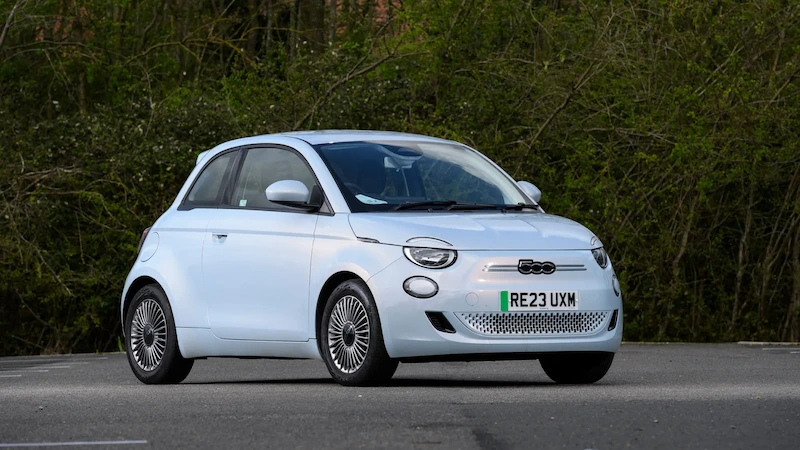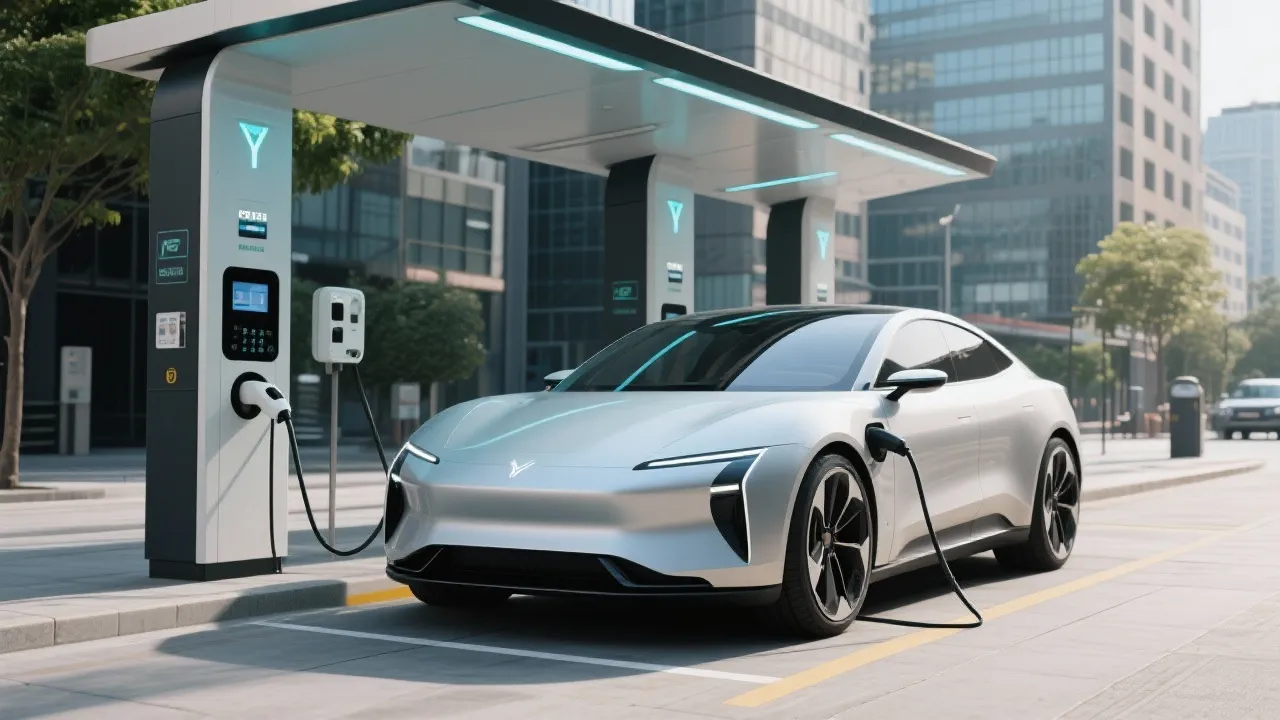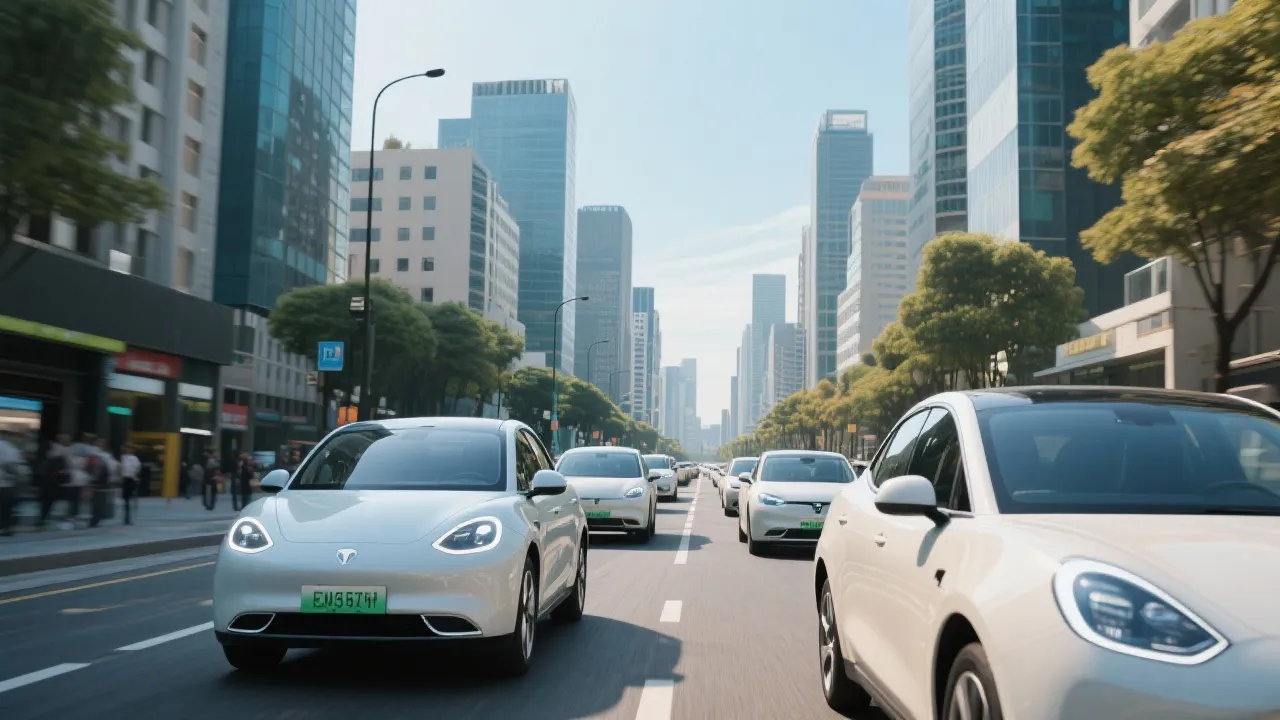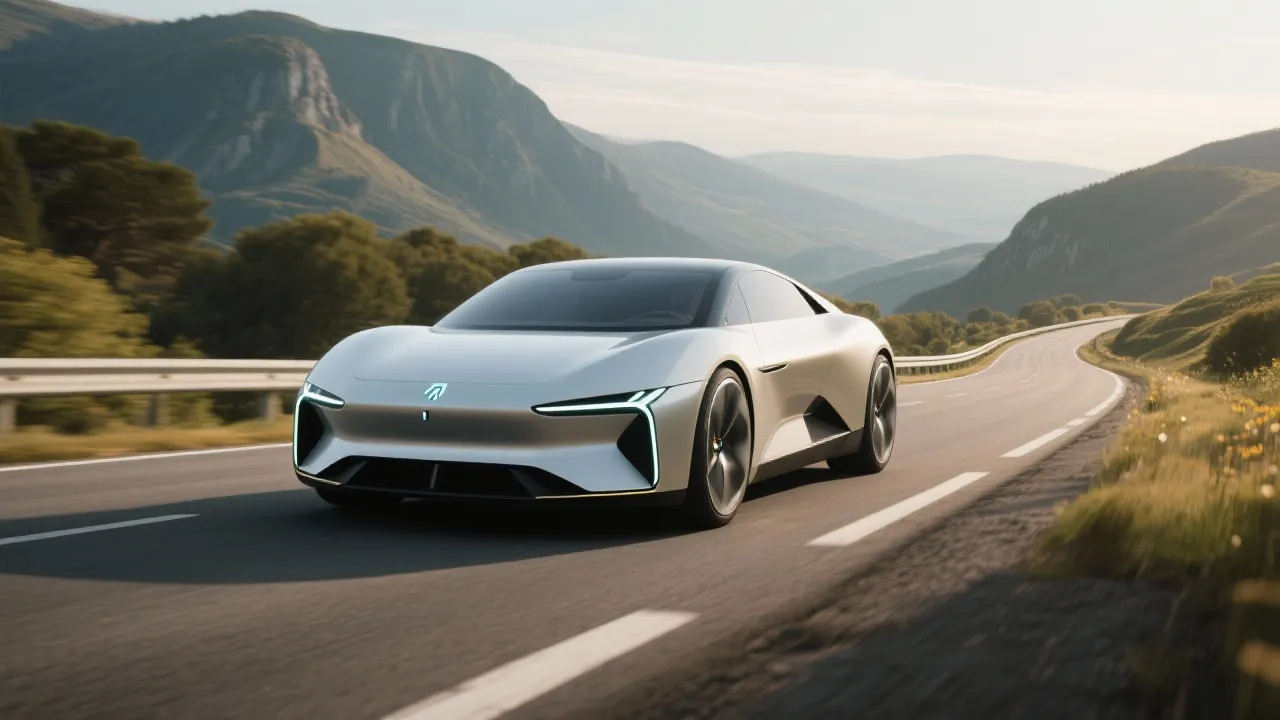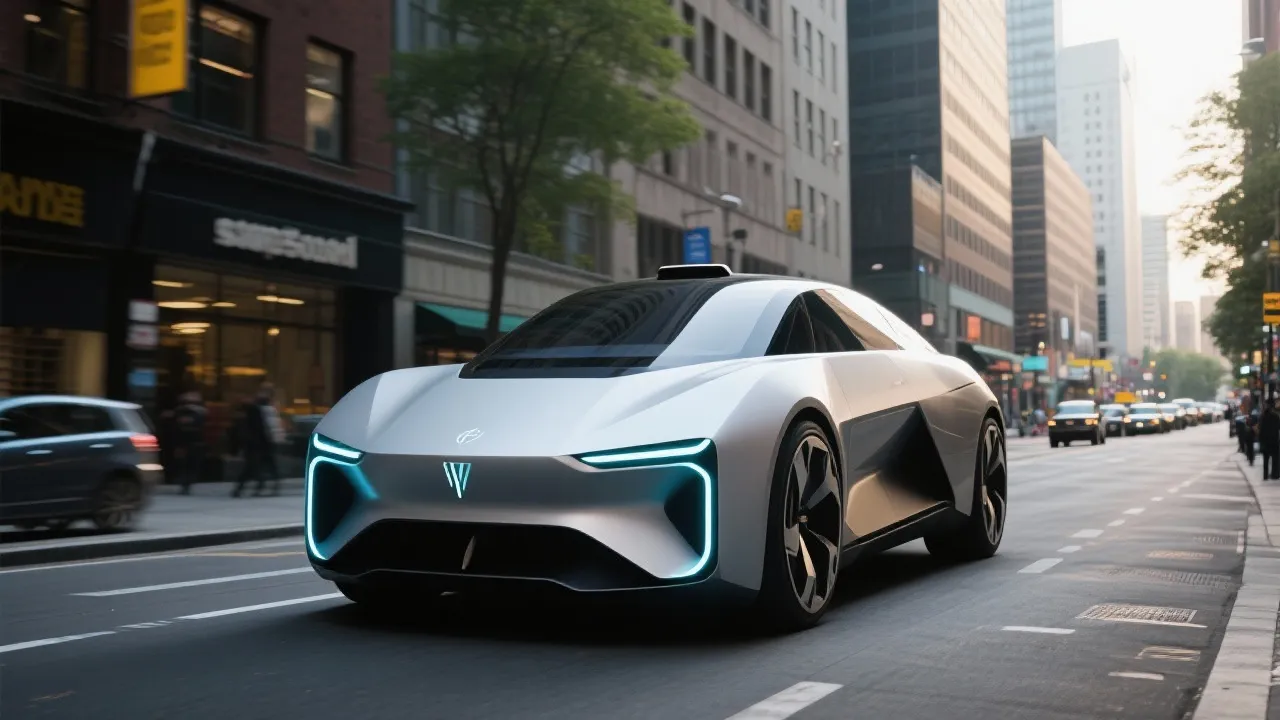Driving into the Future: Electric Cars for Seniors and Their Benefits
In today's world, electric cars offer seniors numerous benefits. This guide provides advice and tips to help seniors transition to electric vehicles seamlessly.
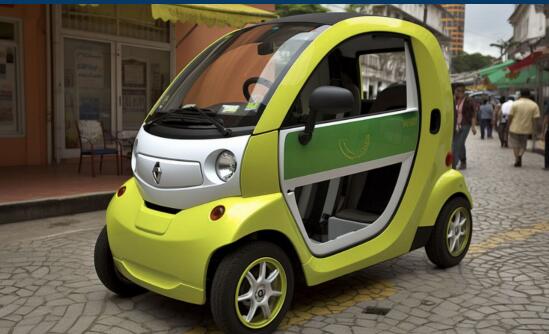
Understanding Electric Cars
What Are Electric Cars?
Electric cars, often referred to as EVs, are vehicles powered entirely by electricity instead of gasoline. They store energy in batteries and use electric motors for propulsion, making them more environmentally friendly and often more cost-effective in the long run.
How Do Electric Cars Work?
Electric cars function by drawing power from rechargeable batteries. These batteries can be charged at home or at public charging stations. The electric motor converts electrical energy into mechanical energy, causing the car to move.
Benefits of Electric Cars for Seniors
1. Cost Savings
One of the primary benefits of electric cars for seniors is cost savings. Since electricity is generally cheaper than gasoline, seniors can save significantly on fuel expenses. Additionally, EVs have fewer moving parts than traditional internal combustion engine vehicles, which means lower maintenance costs over time.
2. Environmental Impact
Electric cars produce zero tailpipe emissions, making them an environmentally conscious choice. Seniors who opt for EVs contribute to reduced air pollution, helping to ensure a healthier environment for future generations.
3. Easy Maintenance
Electric cars require less maintenance compared to their gasoline counterparts. They do not need oil changes, and the brake systems in EVs tend to last longer due to regenerative braking systems. This can be especially beneficial for seniors, who may prefer less frequent trips to the mechanic.
4. Quiet and Comfortable Rides
Electric cars are known for their quiet operation, providing a more serene driving experience. This reduced noise level can make long trips more enjoyable and less tiring for seniors. Furthermore, many electric cars offer smooth acceleration and deceleration, contributing to overall driving comfort.
Tips for Seniors Considering Electric Cars
1. Assess Driving Needs and Patterns
Before making a switch, seniors should evaluate their driving habits. Consider factors like daily commuting distance, frequency of long trips, and availability of charging stations in your area. Understanding these needs will help in choosing the right electric car with adequate range and capabilities.
2. Explore Public sector Incentives and Discounts
Many public sectors offer incentives, tax credits, or rebates for purchasing electric cars. Seniors should research and take advantage of these programs to reduce the initial cost of buying an EV. Additionally, some regions provide discounts on charging infrastructure installations.
3. Look for Senior-Friendly Features
When selecting an electric car, seniors should prioritize features that enhance comfort and safety. Look for cars with easy-to-use controls, adjustable seating, and advanced driver-assistance systems such as blind-spot monitoring, lane-keeping assist, and automatic emergency braking.
4. Plan for Home Charging
Home charging is convenient and often less expensive than public charging. Seniors should consider installing a home charging station and learn about the different types of chargers available. Hiring a professional electrician to install the charger ensures safety and compliance with local regulations.
5. Test Drive Multiple Models
It's important for seniors to test drive multiple electric car models to find the one that top suits their needs. During test drives, pay attention to comfort, ease of use, visibility, and overall driving feel. Don’t hesitate to ask the dealership questions about the car’s range, charging time, and features.
Overcoming Concerns and Misconceptions
Range Anxiety
Range anxiety, or the fear that an electric car will run out of battery before reaching a charging station, is a common concern. Modern electric cars come with significantly improved ranges, often exceeding 200 miles on a single charge. Additionally, the growing network of charging stations makes recharging more accessible than ever.
Charging Time
While it’s true that charging an electric car takes longer than refueling a gasoline car, advancements in charging technology have reduced this gap. Fast chargers can replenish a car’s battery to 80% in 30-60 minutes. For daily use, overnight charging at home is typically sufficient.
Conclusion
Switching to electric cars can offer seniors numerous benefits, including cost savings, environmental impact, and easier maintenance. By assessing their needs, exploring financial incentives, and prioritizing senior-friendly features, seniors can make a smooth transition to electric vehicles.
Remember, the key to a successful switch is planning and understanding the specific needs and features that will make driving both enjoyable and sustainable. Electric cars are not just the future of transportation; they are an accessible and practical choice for seniors today.
-

A Guide to Cost-Efficient Small Electric Cars for Seniors
-

Mastering Debt Consolidation: Boost Your Credit Score and Manage Interest Rates
-

Your Guide to Loans, Credit Checks, and Interest Rates
-

Affordable Independent Living: Finding the Right Senior Housing
-

Guide to Senior Living Apartments: Affordable and Comfortable Environments
